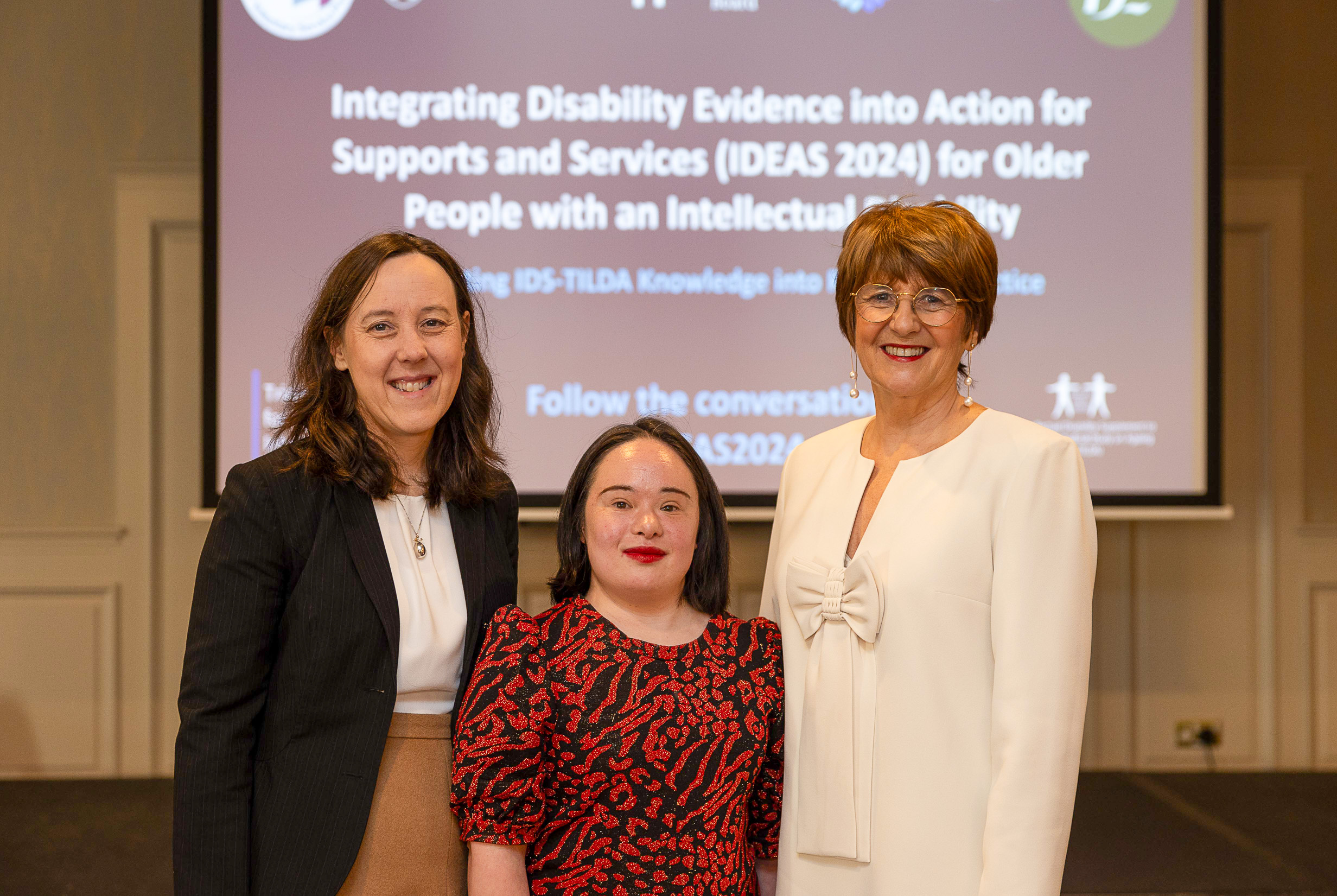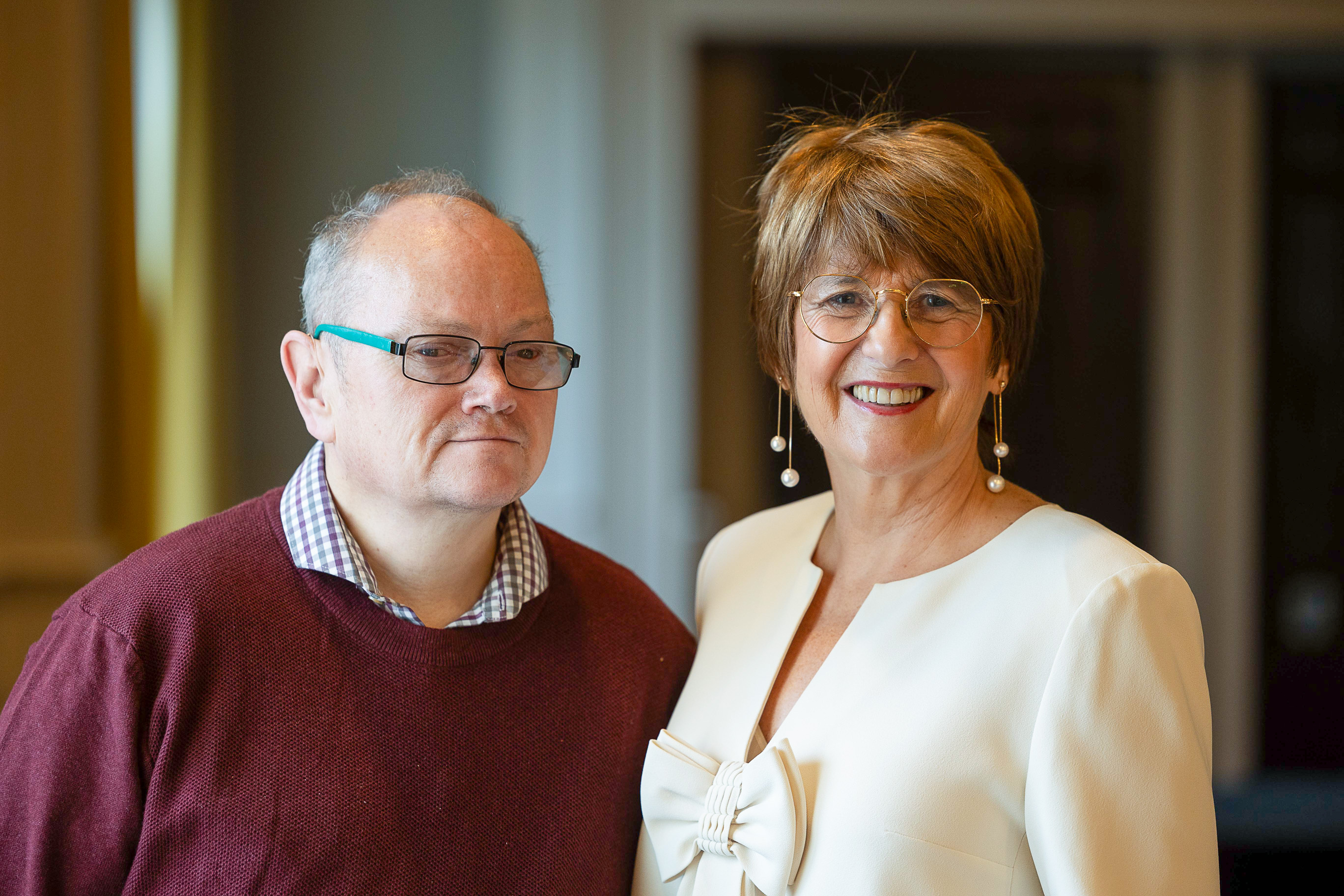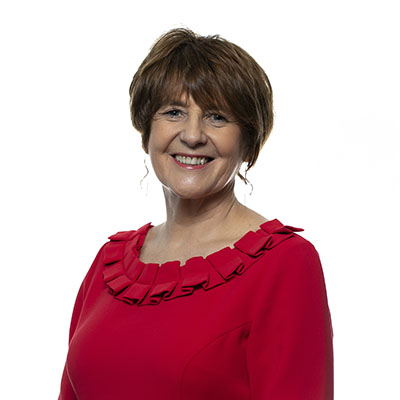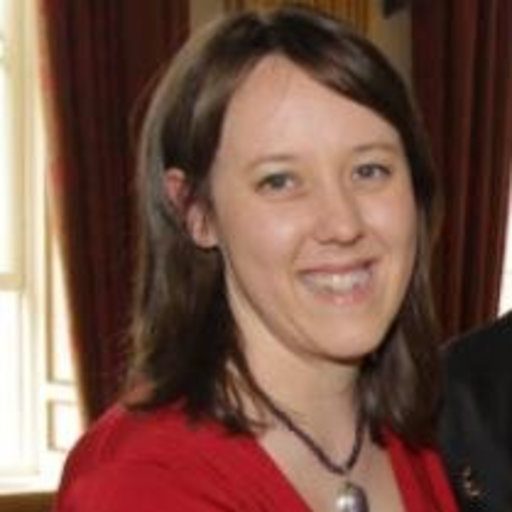October TCAID: In Focus - Integrating Disability Evidence into Action for Supports and Services (IDEAS 2024) for Older People with an Intellectual Disability; Translating IDS-TILDA Knowledge into Policy and Practice
IDEAS 2024, held on 17-18 October 2024, marked a gathering of experts, researchers, service providers, and advocates committed to translating leading-edge research into impactful practices. Organised by the Trinity Centre for Ageing and Intellectual Disability (TCAID) in collaboration with the National Federation of Voluntary Service Providers and the HSE’s National Clinical Programme for People with Disability, the event demonstrated the critical role of evidence in shaping policy, the conference aimed to bridge research and practice. The conference empowered those who work with ageing individuals with intellectual disabilities to drive meaningful improvements in their care and quality of life.

Day One: Moving Research to Practice
The first day centred on applying findings from the Intellectual Disability Supplement to the Irish Longitudinal Study on Ageing (IDS-TILDA and showcased how the data has been used to implement real changes and initiatives that address challenges faced by adults with intellectual disabilities. Presentations and discussions highlighted the importance of social inclusion, community participation, and physical and psychological well-being, offering a comprehensive approach to care. Attendees engaged in lively discussions about how IDS-TILDA’s longitudinal data on health and social participation could shape better care models, ensuring individuals experience a higher quality of life.
A notable highlight was the presentations from service professionals collaborating with TCAID, who are actively implementing research findings to drive improvements in their service.
We were honoured to welcome Philip O'Donnell, an IDS-TILDA participant, who shared his inspiring 15-year journey. Philip highlighted the positive changes research participation has brought to his life and health. Recently invited to join our IDS-TILDA Steering Committee as an advocate, Philip was also welcomed to visit Trinity College Dublin, furthering his role in shaping impactful research.
- Session 1 focused on Social Integration, Participation, and Inclusion, covering essential topics like interpersonal relationships, mental health, and loneliness. The lively Q&A revealed both the successes in current practices and the critical gaps that must be addressed to better support the social and emotional needs of older adults with intellectual disabilities.
- Session 2 delved into Physical Well-Being, State of the Science meets Practice with presentations on dementia, cancer patterns in intellectual disability, and breast cancer awareness. The discussions sparked valuable audience engagement and emphasized the necessity of addressing specific health needs that older adults with intellectual disabilities face earlier than the general population.
- Session 3 explored Physical Well-Being: Bridging Science and Practice, focusing on oral health, bone health, and medication optimization. Advocate Shannon O'Farrell-Molloy shared personal insights on managing medication, which further enriched the conversation on how to tailor healthcare practices to meet the evolving needs of this population.
- Session 4 focused on Physical wellbeing with presentations covering gastrointestinal impact, practitioner-led interventions for chronic constipation, women’s health, and end-of-life care. Discussions underscored the need for tailored healthcare strategies addressing these specific challenges in intellectual disability.

Day Two: Focus on Family Caregiving and Commission Input
Day Two shifted attention to family caregiving, with presentations drawing from Dr. Damien Brennan, Lead for Family Caregiving. The focus on family caregiving provided a platform for open dialogue about their critical role in supporting older adults with intellectual disabilities.
Additionally, attendees had a unique opportunity to contribute to the Commission for the Care of Older People’s consultation process, as members of the commission joined the event to gather perspectives that will inform future policy recommendations. This direct engagement reflected the conference’s aim of ensuring that real-world experiences shape future care and policy.
Leadership and Vision
The event opened with remarks from Professor Mary McCarron, Director of the Trinity Centre for Ageing and Intellectual Disability, and Dr. Alison Harnett, CEO of the National Federation of Voluntary Service Providers. Professor McCarron emphasised Ireland's leadership in understanding the intersection of ageing and intellectual disabilities, while Dr Harnett highlighted the importance of empowering service providers with evidence to support the changing needs of older adults. Both leaders echoed the sentiment that this conference represents a critical step in ensuring that research drives evidence-informed policy and practice, with a clear focus on enhancing quality of life.

We stand at a pivotal moment in our field, where the intersection of ageing and intellectual disabilities presents both challenges and opportunities. Over the past 15 years, Ireland has led the way in understanding the ageing of people with intellectual disabilities. The findings from IDS-TILDA have directly influenced policy and services across sectors, but our real challenge is ensuring this research drives evidence-informed policy that transforms lives. Our commitment, alongside key partners like the HSE and the National Federation of Voluntary Service Providers, remains strong, and today’s discussions will be a crucial step in moving from evidence to action.Prof. Mary McCarron, Director of TCAID, PI of IDS-TILDA and Professor of Ageing and Intellectual Disability

The hugely valuable research from IDS Tilda has demonstrated that people with intellectual disability experience the effects of ageing at an earlier age than the general population and have many associated health and social support needs. It is essential that service providers who support people with intellectual disability, are empowered with evidence to support people to have the best possible outcomes and quality of life as they age, and to develop sustainable models of practice that acknowledge the challenges of the changing needs of older adults with intellectual disabilities. We are delighted to be partnering with Trinity Centre for Ageing and Intellectual Disability, and the HSE to create this important space to share and reflect on research findings and how these can influence and support practice now and into the future.Dr. Alison Harnett, Cheif Executive Officer, National federation of Volutary Service Providers
In alignment with the UN Decade on Healthy Ageing, IDEAS 2024 underscored its commitment to shaping future care models that not only prolong life but also add quality and dignity to the lives of people with intellectual disabilities. The discussions and insights generated over the two days will have a lasting impact on how care is provided, ensuring that older adults with intellectual disabilities are supported to live healthier, more fulfilling lives as they age.

